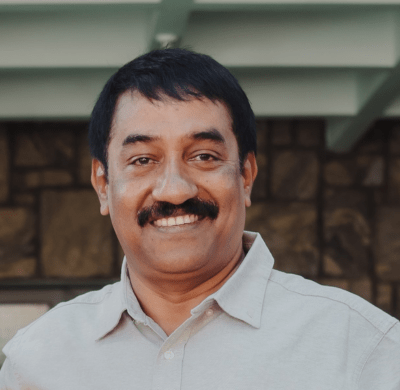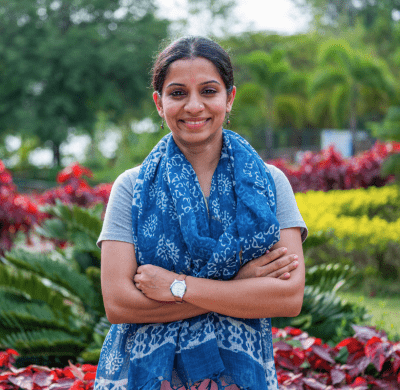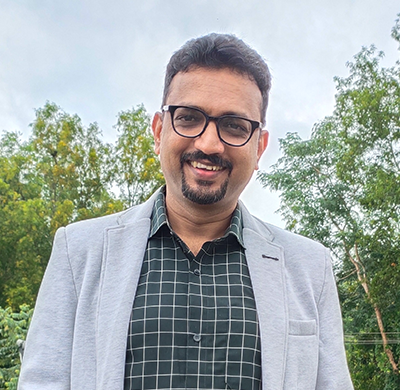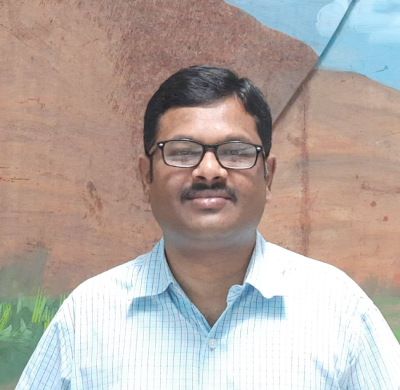
Mohan HL
Mohan H.L is a social scientist with three decades of experience as a Senior Technical Advisor for programmes, communications and community interventions. Presently, he is also Chief Executive Officer (CEO) of KHPT, he leads and provides overall direction to management of programmes, communications and community mobilisation systems and activities. He has played a key role in strengthening KHPT’s partnership with both state and national governments in India.
A firm believer in community centric planning and decentralisation, he has been responsible for design and implementation of innovations in areas of MNCH and HIV/AIDS. His area of interest include institution building and leveraging information and communications technology for empowering grassroots communities.
Prior to joining KHPT, he has spent more than two decades in government and non-government organisations, working specifically in the areas of education, health, decentralisation and adolescent education. He has worked as an advisor and consultant in several development projects of UNFPA, UNESCO and UNICEF, within the country as well as outside.
He has a Master’s degree in Rural and Urban Community Development from the School of Social Work, Mangalore. He has several peer reviewed publications and abstracts to his credit.

Mallika Tharakan
Dr Mallika Biddappa Tharakan is a social scientist working in the development sector for the last 18 years. She has a PhD in Development studies and Master’s Degree in Social Work from the TATA Institute of Social Sciences (TISS), Mumbai.
She currently plays the role of Lead, Knowledge Management at KHPT supporting the organisation with learning, knowledge collaboration and strategy . Her expertise is in designing community centred program models, Social behaviour change strategies, and strengthening grassroots community institutions.
She liaisons across KHPT’s core themes for strengthening organisational impact. She has led the design of several community-based tools and processes specifically with vulnerable populations in underserved settings. She is Motwani Jadeja Fellow 2024 representing India’s vibrant development sector at the United Nations General Assembly week at New York, 2024.
Her passion is to bring community voices into grassroots governance specifically to address social determinants of health. She has dedicated her career to two things- Firstly, redefining public health response from a risk paradigm to a social vulnerability paradigm and secondly, actively preserving the development sector culture of inclusion, rights, deep community understanding and risks being a bit “old school” in doing so. She believes in simplifying words, deepening actions and taking everyone along, to stay true to her motivations.

Satyanarayana
Dr. Satyanarayana Ramanaik is a social scientist with over 20 years of impactful work in public health and developmental issues in India. His extensive engagement with marginalized communities spans a range of critical areas, including HIV/AIDS, Gender-based Violence (GBV), Intimate Partner Violence (IPV), Migration, Child Marriage, School Dropout, and Adolescent Health. He has been a pivotal force behind large-scale public health interventions and collaborative research initiatives in partnership with esteemed donors and academic institutions such as the Bill & Melinda Gates Foundation, USAID, WHO, London School of Hygiene and Tropical Medicine (LSHTM), University of Manitoba, the Government of Karnataka, and the Government of India.
A distinguished qualitative researcher, Dr. Ramanaik has contributed significantly to the field. His work has led to the publication of over 40 peer-reviewed articles in prestigious national and international journals. He holds a Ph.D. in Social Work, a testament to his scholarly commitment. His research journey was enriched by a fellowship from the HIV Research Trust, UK, which supported his doctoral research. His academic pursuit also led him to be a part of CIHR International Infectious Disease and Global Health Training Program (IID&GHTP), offered by the University of Manitoba, Canada.
Presently, as Thematic Lead for Adolescent Health at KHPT, Dr. Ramanaik spearheads efforts in Gender Based Violence, nutrition, menstrual hygiene, and mental health for adolescent girls in rural India. His exceptional journey blends academic excellence, ground breaking research, and dedicated community engagement, establishing him as a driving force in the realm of public health and social advancement.

Dr Swaroop
Dr Swaroop N is Thematic Lead – Comprehensive Primary Health Care, and Maternal Neonatal and Child Health, and Deputy Director – Quality Improvement at KHPT. Dr Swaroop earned his MD degree in Community Health from St. John’s Medical College, Bangalore. He has also completed a postdoctoral research fellowship in 2019 as a part of the International Infectious Disease and Global Health Training Program conducted by University of Manitoba, Canada.
He has 9 years of experience in designing, implementing and disseminating a wide range of public health projects covering HIV, non-communicable diseases, maternal, neonatal and child health. Currently, he has taken a lead in conceptualizing and implementing projects on non-communicable diseases in Mysore. The aim of the projects is to identify the gaps in diagnosis, care and treatment of diabetes and hypertension and develop a model to promote early screening, early enrolment to care and support mechanism, regular follow-up and adherence to medications. He has also taken a lead in developing a model for implementing Comprehensive Primary Health Care in an urban setting. He has several publications in peer-reviewed, indexed international/ national journals and also presented scientific papers in many international/national conferences.